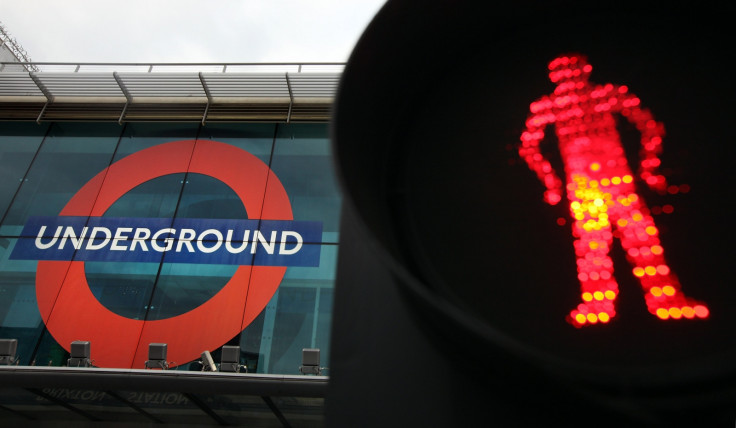Tube strikes: How much does a London Underground walkout cost the economy?

Travel chaos is expected to engulf the UK capital when Tube unions strike for 24 hours on 25 and 27 August. The action is over the pay and work conditions relating to the new Night Tube service, which could see its launch date pushed back from 12 September.
But Aslef, the union that represents most of the Tube drivers, is not currently joining the walkout. The union has been "optimistic" that it can secure a deal from London Underground (LU) management over the union's work/life balance concern. Meanwhile, the RMT, Unite and TSSA are expected to review their position on 24 August ahead of the strike.
Transport for London (TfL) has said it may be able to run some Tube services, depending on the amount of LU staff that turn up to work, and the company will put on 250 extra buses as well as additional river service. The DLR, London Overground, TfL Rail, tram, Emirates Air Line and River services will also be running.
With the industrial action set to go ahead, IBTimes UK looks at how much the walkout could cost the UK economy. A figure of £300m ($470m) a day did the media rounds in July when commuters battled their way to work during a Tube strike. The estimate comes from the Federation of Small Businesses (FSB), a business body that conducted a "snap poll" of small firms in February 2014 after two days of walkouts on the Underground.
The organisation predicted small businesses missed out on £600m over the two days due to absenteeism and cancelled meetings. But other sources have calculated that Tube strikes cost the economy a lot less. The London Chamber of Commerce (LCC), for instance, has said an Underground walkout could cost the capital £48m per day.
The figure is based on a London Business Leaders' Panel survey, which was conducted by ComRes and questioned 315 firms. The estimation is calculated from the lost productivity these businesses reported during major Tube strikes in 2007. Douglas McWilliams, the former executive chairman of economics consultancy Cebr, argued in 2014 that London has changed "dramatically" since the (LCC) research was conducted and new estimations are needed.
McWilliams estimated, based off London's Gross Value Added (GVA) contribution to the UK economy, that a Tube strike could cost the capital £10m a day. So the latest walkouts could cost London £300m, £48m or £10m per day. Take your pick.
© Copyright IBTimes 2025. All rights reserved.






















